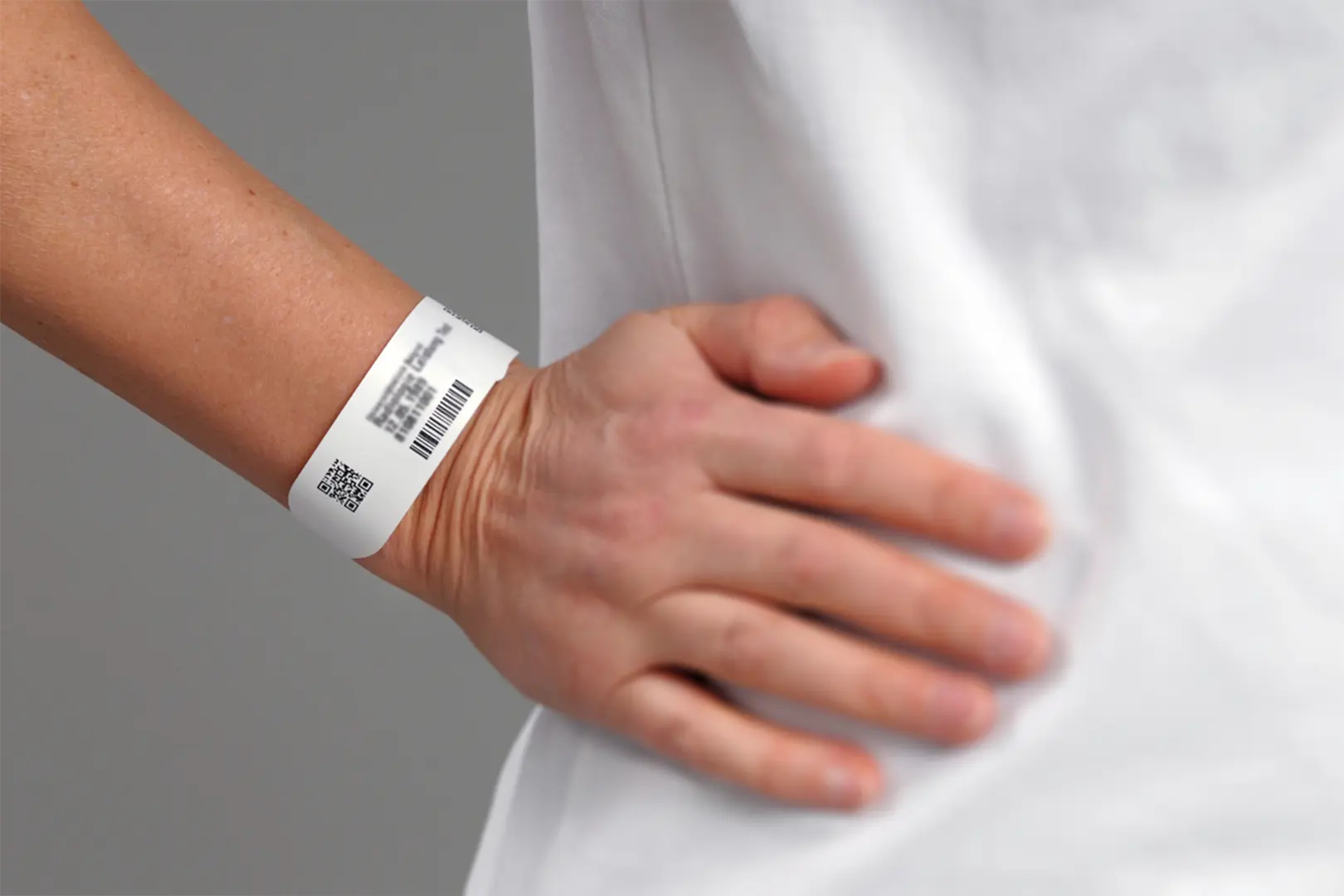Equip your staff with efficient and guest-friendly barcode solutions
Barcodes are commonly used in the hospitality industry to improve efficiency, accuracy, and customer experience. Here are some specific ways barcodes are used in hospitality:
- Room keys: Barcodes are commonly used on hotel room keys to quickly and accurately identify the room number and guest information. This helps to improve check-in and check-out times and reduce errors.
- Food and beverage: Barcodes are used to track inventory levels and monitor food and beverage orders in restaurants and bars. Barcodes can be scanned to update inventory levels and monitor consumption, which helps to prevent waste and improve efficiency.
- Event management: Barcodes are used for event management, such as checking in attendees at conferences or concerts. Attendees can be issued barcode tickets, which are scanned upon entry to the event. This helps to improve the flow of people and reduce wait times.
- Loyalty programs: Barcodes can be used for loyalty programs, such as hotel or airline rewards programs. Customers can be issued barcode cards or codes, which can be scanned to access discounts or earn points.
The most commonly used barcode types in the hospitality industry are:
UPC (Universal Product Code): This barcode type is commonly used in the hospitality industry to track products such as food, beverages, and other items;
QR (Quick Response) Code: QR codes can be used to provide information to customers about menus, specials, and promotions. They can also be used for mobile payments and loyalty programs;
Code 128: This barcode type is used to track inventory and assets in hospitality businesses, such as hotels and resorts;
Data Matrix: Data Matrix barcodes can be used for inventory management, asset tracking, and to encode information such as product codes, serial numbers, and expiration dates;
PDF417: PDF417 barcodes are commonly used on airline boarding passes and can store a large amount of information, such as passenger names, flight details, and seat numbers;
Interleaved 2 of 5: This barcode type is commonly used for asset tracking and inventory management in hospitality businesses such as restaurants and bars;
EAN (European Article Numbering) / ISBN (International Standard Book Number): These barcode types are used to track books and other published materials in hospitality businesses such as hotels with bookstores;
Code 39: This barcode type is used for inventory tracking and asset management in the hospitality industry.
Barcodes are an important tool in the hospitality industry for improving efficiency, accuracy, and customer experience. By using barcodes, hospitality businesses can streamline operations and reduce errors, which helps to improve customer satisfaction and increase revenue.
Mobile barcode decoding is commonly used in the hospitality industry to quickly and easily scan and read barcodes using a mobile device such as a smartphone or tablet. Here are some specific ways mobile barcode decoding is used in hospitality:
- Check-in and check-out: Mobile barcode decoding can be used to scan room keys or reservation confirmation codes during the check-in and check-out process, which helps to speed up the process and reduce errors.
- Tableside ordering and payment: In restaurants and bars, mobile barcode decoding can be used to scan barcodes on menus or customer loyalty cards, allowing customers to quickly and easily place orders and make payments using their mobile device.
- Inventory management: Mobile barcode decoding can be used to scan and track inventory levels in real-time, which helps to prevent overstocking or understocking and reduce waste.
- Event management: Mobile barcode decoding can be used to scan and validate tickets at events such as concerts, festivals, or conferences, which helps to prevent fraud and improve security.
Overall, mobile barcode decoding is an important tool in the hospitality industry for improving efficiency, accuracy, and customer experience. By using mobile barcode decoding, hospitality businesses can streamline operations and provide a seamless experience for their guests, which helps to improve customer satisfaction and increase revenue.




